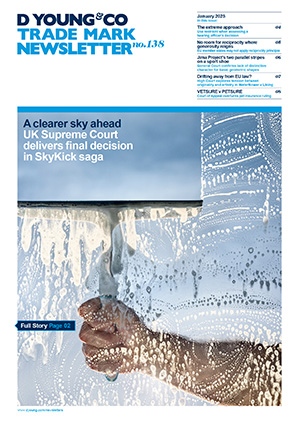Easygroup v Easy Rent A Car
Navigating the Recast Brussels Regulation (which regulates the jurisdiction of European Union member state courts) can be fraught with issues. In Easygroup v Easy Rent A Car, the English High Court has offered some guidance on the application of Articles 29 and 30.
Article 29 applies the lis pendens rule which provides:
... where proceedings involving the same cause of action and between the same parties are brought in the courts of different Member States, any court other than the court first seized shall of its own motion stay its proceedings until such time as the jurisdiction of the court first seized is established.
Articles 30 provides:
Where related actions are pending in the courts of different Member States, any court other than the court first seized may stay its proceedings.
In the case at hand, Easygroup, which owns a family of trade marks with the prefix “easy”, had commenced trade mark infringement proceedings against Easy Rent A Car in Cyprus in 2003. The case appears to have settled in 2005, although the nature of the settlement is the subject of a dispute between the parties. In any event, Easy Rent A Car continued to trade in Cyprus. In 2016, however, Easygroup threatened proceedings against Easy Rent A Car on the basis that the latter’s website was directed towards UK customers and was similar in style to the former’s. In response, Easy Rent A Car sought declaratory relief from the Cypriot courts based on the purported 2005 settlement agreement. In response, Easygroup commenced proceedings for trade mark infringement and passing off in the United Kingdom. The question before the High Court was whether it had jurisdiction or whether the action should be stayed pending the outcome of the Cypriot proceedings.
His Honour Judge Hacon, sitting in the High Court, held it had jurisdiction and refused a stay. With regard to Article 29, he reasoned that the causes of action were separate (one contractual, one tort). As to Article 30, he concluded that there was not a risk of mutually irreconcilable decisions, the High Court would resolve the dispute more quickly and a stay would result in a considerable delay, and the Cypriot court had yet to decide on jurisdiction and, in any event, the settlement agreement (if any) may be governed by English law.
A publicly available copy of the judgment is yet to be published.
